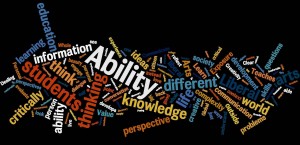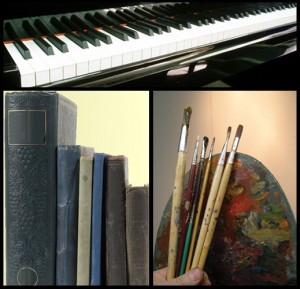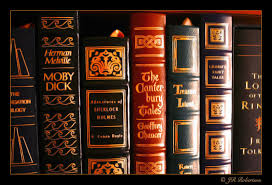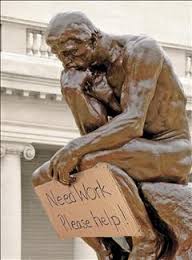At the risk of generalizing, I would say that America doesn’t appreciate speculation or theory as much as it lauds action. This is fundamental to the understanding of why education in liberal arts is shrinking in our culture.
A college education today is very expensive and growing more so yearly. A practical viewpoint is for many, not surprisingly, aimed at using their education to earn a living. Parents who foot the college bills for their children usually have a similar aim. Making one’s way in the world by being independent enough to pay his or her own bills for housing, food, transportation, medical costs, insurance, raising children, etc. can be a daunting prospect, as many or most among us may remember from our early years of trying to stretch each dollar to make ends meet. None of this should come as a thunderclap of astonishment for anyone who has “been there.”
High schools and colleges have, in recent years, begun using a different modus operandi to prepare students for what has popularly been called, “the outside world.” Though there is nothing wrong with wanting to make the most money possible in the most efficient way, such a goal has become so laser sharp that it has burned away some other considerations and benefits that can come from being “educated.”
Most people can live secure, comfortable lives not knowing how to diagram a sentence (though I find it helpful in deciphering the “legal” language of a contract). Nor will one’s life be necessarily less successful if he’s never heard of Othello, Elizabeth Bennet, Willy Loman, J. Gatsby, Blanche Dubois, Captain Ahab, or Miss Havisham, but I believe also that life will not be as full emotionally or intellectually if one skips the otherwise shared icons of literature, art, and music, all bulwarks of civilization that no amount of computer surfing can replace. We still need English, art, music, and philosophy majors.
We live in an age of technology, something that has become almost deified and which is daily modifying or even supplanting what we have known or thought we knew. The importance of technology through science, mathematics, and engineering goes almost unchallenged by most, as though we are all on some sort of fast-moving conveyor belt hurling us toward a time when instrumentality will hardly be necessary, as electronics creates a world in which even getting out of one’s chair may eventually not be required, because pushing buttons will do everything. Sounds like the old cartoon, the Jetsons, doesn’t it? Even now cellphones and texting, though reputed to keep us “connected,” have separated us more than brought us closer. I’ve been told by several people that they like texting, because its efficiency makes it possible not to have to talk to people. Aldous Huxley, George Orwell, Isaac Asimov, and Ray Bradbury have all written about civilizations like the one we are becoming. The difference is that their creations were fictional.
Funding for art, music, drama, and literature programs in our schools has been sadly reduced over the past several years and continues to decrease. For me in school they were sometimes the only programs that kept me from becoming a robot set on “automatic.” Though not a particularly religious person, I do believe that music, poetry, drama, visual art, and sports all help to enrich the spirit in a shared quest to understand ourselves and other people, all over the world. I believe also that the best CEO for any company or head of any organization will be someone whose education has had a generous helping of liberal arts. I think it is a grave mistake to believe that a liberal arts viewpoint does not hold an important place in schools. Literature, visual arts, music, and I’m adding sports here, are not frills. They open the mind and heart at least as much as science, mathematics, and engineering. We need all of these things to provide us with a fuller sense of the world around us. That broadened view can help us all understand not just how to get somewhere, but why we are going in the first place and with a much deeper comprehension of where we have been. JB







